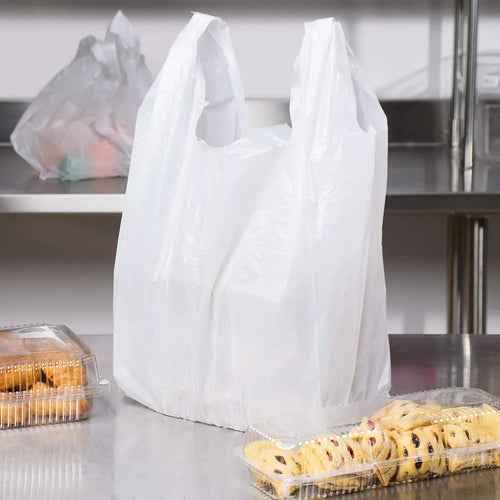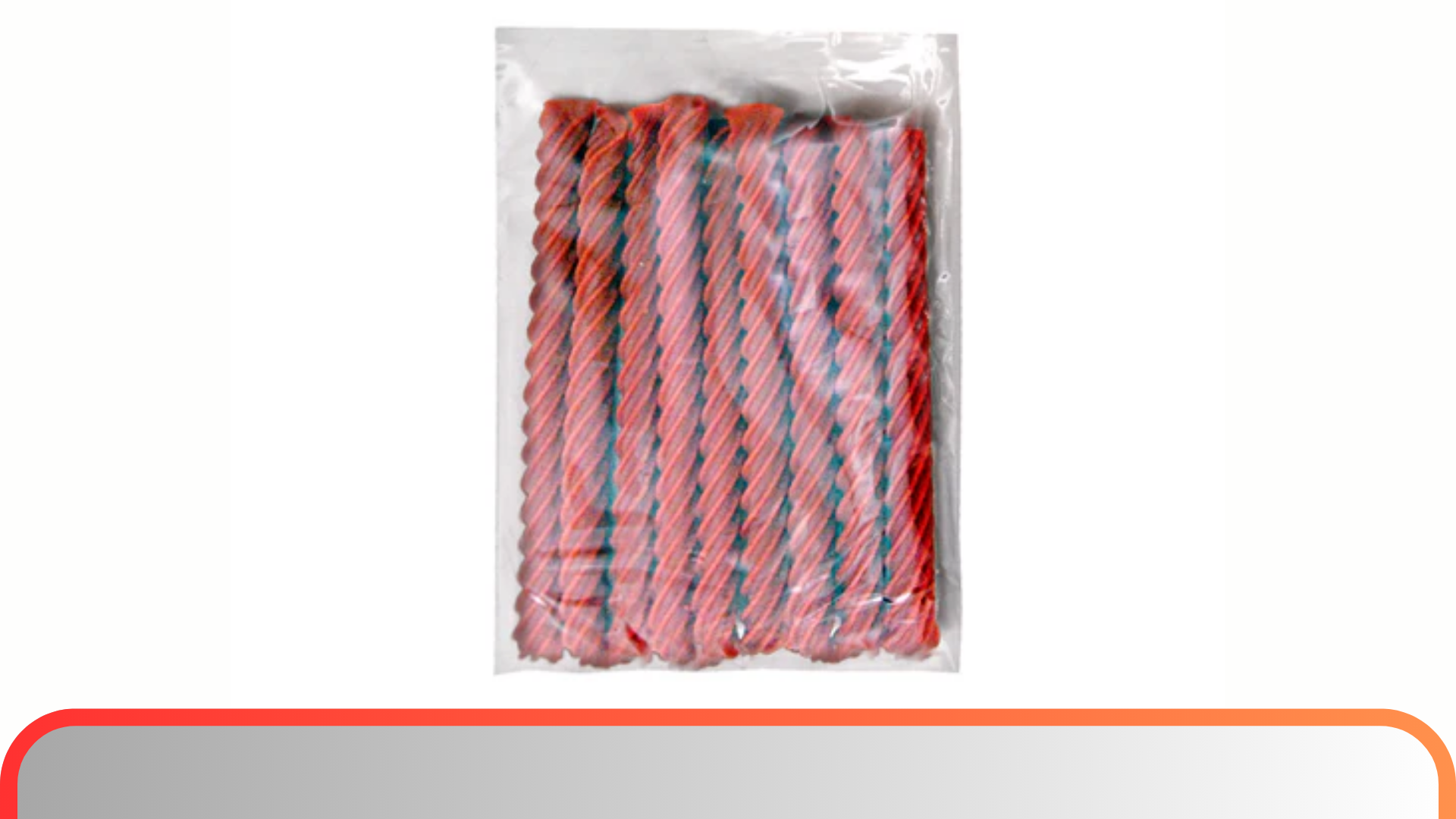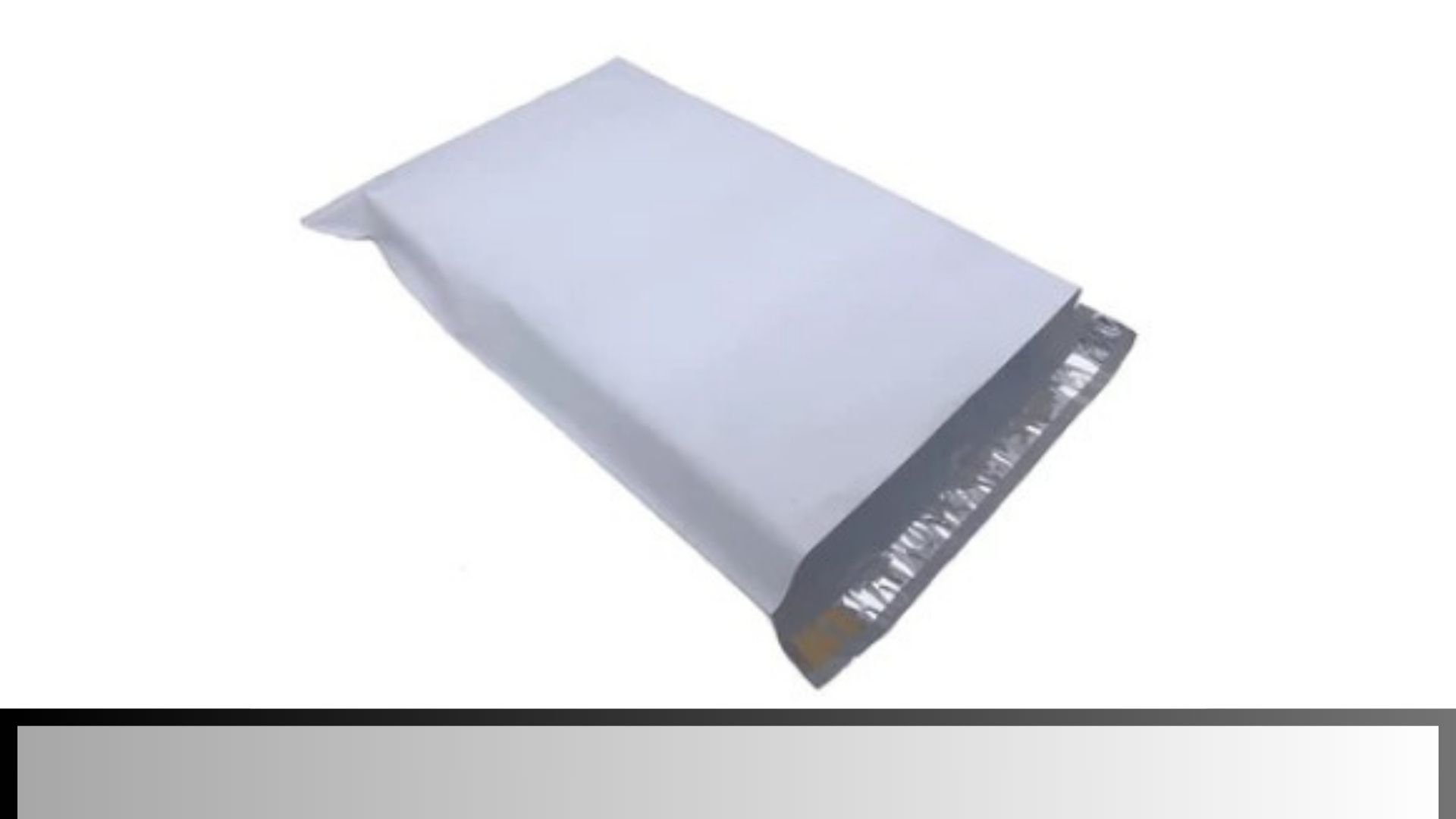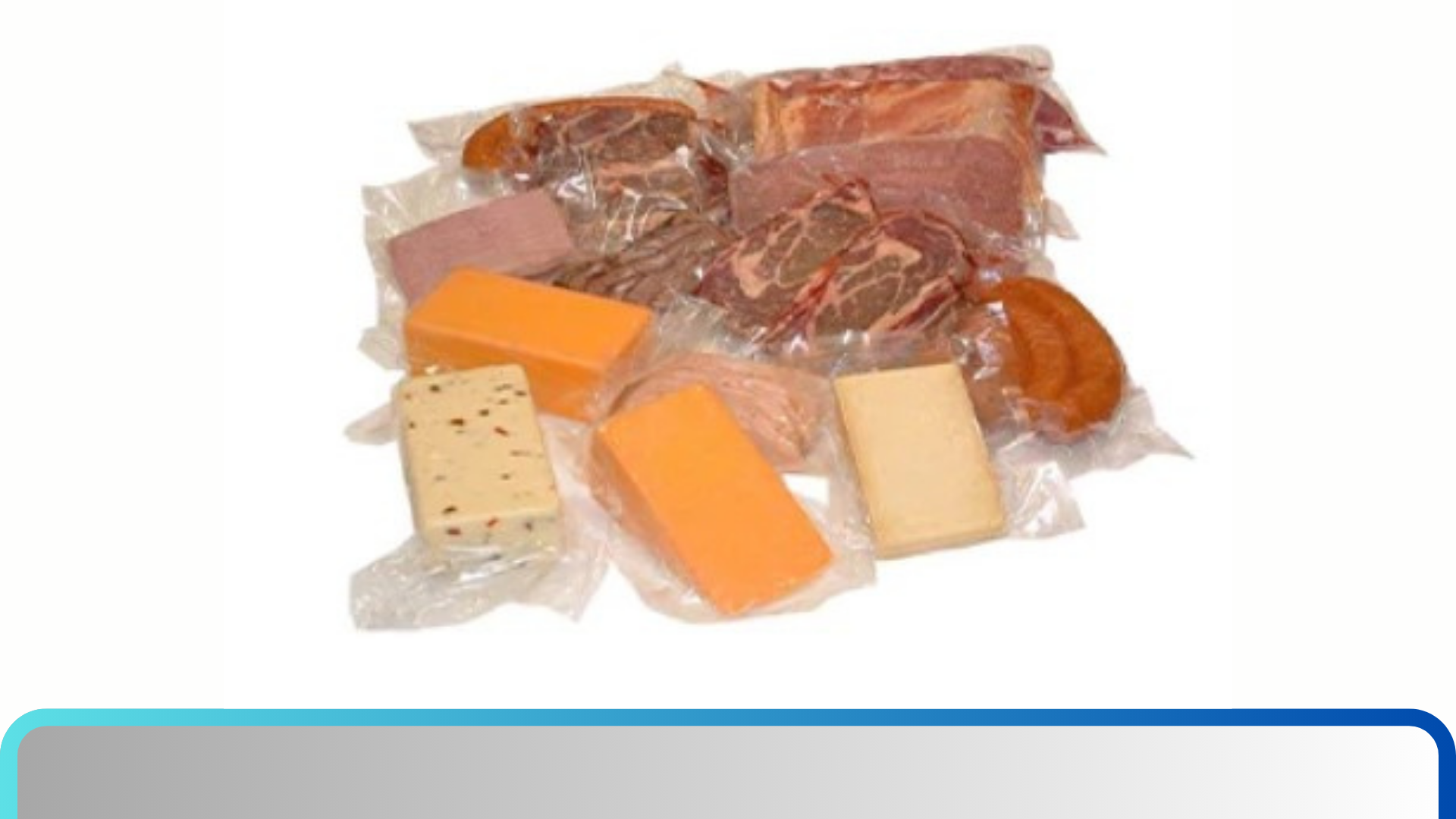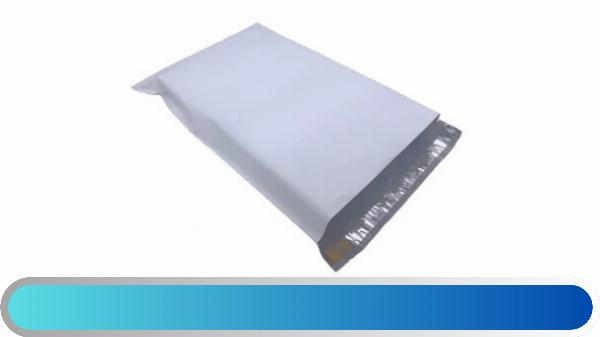Essential Role of Polypropylene Bags in the Food Packaging Industry
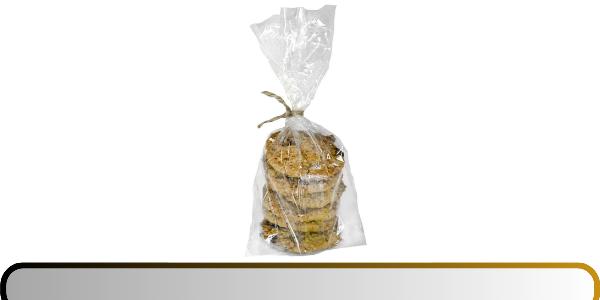
In the dynamic world of food packaging, the choice of materials plays a crucial role in ensuring product safety, quality, and freshness. Among various packaging options, polypropylene bags have emerged as a favored choice for many food industry professionals. Their unique properties make them suitable for a wide range of applications, from packaging bulk items to offering convenient solutions for retail products. This blog explores the significant role of polypropylene bags in the food packaging industry, highlighting their benefits and applications.
What Are Polypropylene Bags?
Polypropylene bags are made from polypropylene, a thermoplastic polymer widely used in packaging due to its versatility and durability. These bags are known for their strength, lightweight nature, and resistance to moisture, chemicals, and physical damage. This makes them an ideal choice for the food industry, where product protection and preservation are paramount.
Benefits of Polypropylene Bags
Durability and Strength
One of the primary advantages of polypropylene bags is their exceptional durability. These bags can withstand significant stress and strain, which is essential for packaging heavy or bulky items. The strength of polypropylene ensures that the bags do not tear easily, providing reliable protection for the contents during transportation and storage.
Moisture and Chemical Resistance
Polypropylene bags offer excellent resistance to moisture, which is crucial for maintaining the quality and freshness of food products. The bags are also resistant to a wide range of chemicals, including acids and bases, making them suitable for packaging various types of food products. This resistance helps in preserving the integrity of the packaged food, preventing spoilage and contamination.
Lightweight and Cost-Effective
Another benefit of polypropylene bags is their lightweight nature. This characteristic not only reduces shipping costs but also makes handling easier. Despite being lightweight, these bags do not compromise on strength or durability. Additionally, polypropylene is a cost-effective material, making it a popular choice for both manufacturers and consumers.
Customizable and Versatile
Polypropylene bags are highly customizable, which allows for various sizes, shapes, and designs to meet specific packaging needs. Whether for bulk items, individual servings, or retail packaging, polypropylene bags can be tailored to suit different requirements. The ability to print logos, nutritional information, and other details on the bags enhances branding and provides important information to consumers.
Applications in the Food Industry
Bulk Food Packaging
Polypropylene bags are commonly used for packaging bulk food items such as grains, flour, sugar, and coffee. Their durability ensures that they can hold large quantities of food without breaking or tearing. Additionally, the moisture resistance of polypropylene helps in maintaining the quality and freshness of the bulk items over time.
Retail Food Packaging
For retail packaging, polypropylene bags offer a practical solution for packaging snacks, cereals, pasta, and other food products. The customizable nature of these bags allows for attractive designs and clear visibility of the product, which can enhance consumer appeal. The bags can also be equipped with features like zip locks or resealable closures for added convenience.
Frozen and Perishable Foods
In the case of frozen or perishable foods, polypropylene bags play a crucial role in maintaining product quality. Their resistance to moisture and low temperatures ensures that the food remains protected and fresh throughout the storage and transportation process. Polypropylene bags are often used for packaging frozen vegetables, meats, and other perishable items.
Specialty Food Packaging
Polypropylene bags are also used for packaging specialty food items such as spices, herbs, and confectioneries. The ability to customize these bags with various sizes and designs makes them suitable for niche markets. Additionally, the resistance to contaminants ensures that specialty food items remain uncontaminated and retain their quality.
Recycling and Sustainability
Recycling polypropylene bags can help reduce their environmental impact. Many polypropylene bags are recyclable, and various recycling programs are available to handle these materials. By participating in recycling efforts and choosing recycled polypropylene bags, consumers and businesses can contribute to reducing plastic waste and promoting sustainability.
Polypropylene bags play a vital role in the food packaging industry due to their durability, moisture resistance, and versatility. Whether used for bulk food packaging, retail items, or specialty products, these bags provide reliable protection and maintain the quality of food products. While environmental considerations are important, advancements in recycling and sustainability efforts can help mitigate their impact. As the food industry continues to evolve, polypropylene bags remain an essential component in ensuring safe, efficient, and effective packaging solutions.
Note: IndiBlogHub features both user-submitted and editorial content. We do not verify third-party contributions. Read our Disclaimer and Privacy Policyfor details.



